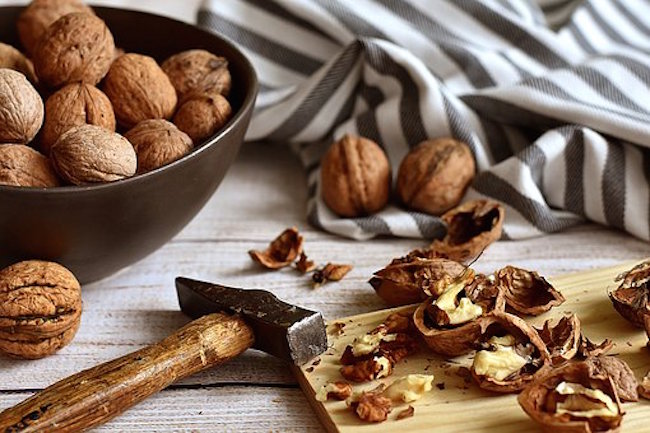Investigating the effects of Juglans nigra (black walnut) on appetite, satiety and lipid peroxidation By Ralph Flores for Super Foods
Researchers from the University of Georgia revealed that using black walnuts (Juglans nigra) as a butter substitute can increase satiety and reduce lipid peroxidation. The findings were presented in the journal Nutrition Research.
- Most studies on the health benefits of walnuts are made using English walnuts (Juglans regia).
- In comparison, black walnuts possess a different antioxidant and fatty acid profile. They also contain more protein than English walnuts.
- For this study, the team looked at postprandial responses after eating breakfast with black walnuts and English walnuts used as butter substitutes. The team initially hypothesized that black walnuts will better mitigate postprandial increases in lipid peroxidation than English walnuts.
- A total of 30 adults were enrolled in this randomized, double-blind crossover study. For three days, the participants ate breakfast with either butter (control), black walnut or English walnut.
- Blood samples were obtained at fasting, as well as at 30, 60, 120 and 180 minutes postprandially.
- Both black walnut and English walnut meals led to greater suppression of appetite than control. In addition, black walnut meal increased satiety and had a greater suppression of lipid peroxidation.
In sum, black walnut meal better suppressed overall appetite and lowered postprandial lipid peroxidation than butter.
[give_form id="52655"]




